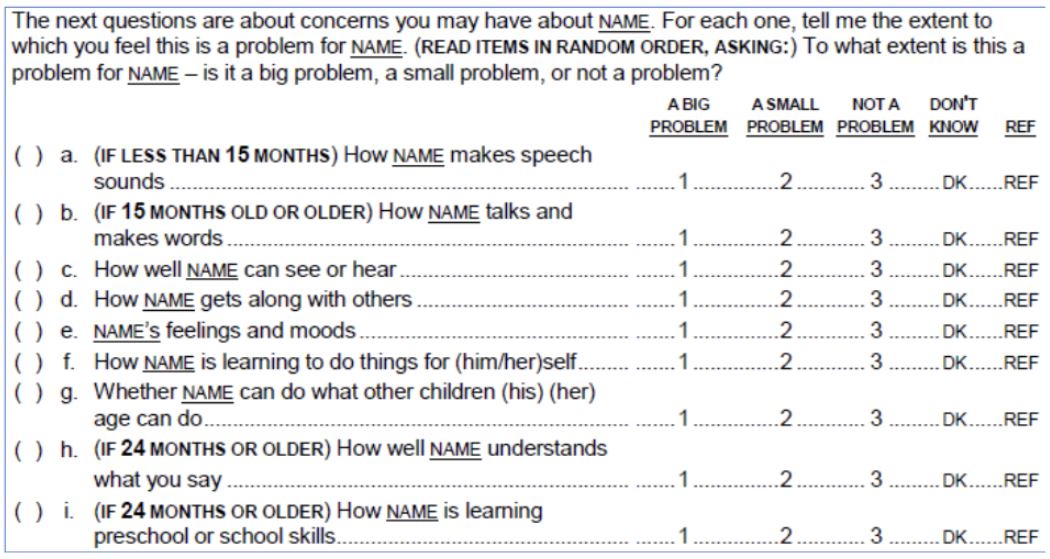| Ann Isbell | First 5 LA Health Systems Program Officer |
March 27, 2024
Because parents are deeply attuned to their children, they are often the first to notice a developmental concern. But when they have questions about their child’s developmental progress, many parents run into obstacles finding a trusted person to connect them to information and support.
Having a trusted health care professional to speak with about a child’s developmental concerns is critical when it comes to a child receiving a developmental screening. The earlier a child is connected to support and early intervention services, the better the long-term health outcomes. One in six children has a developmental delay or disability, meaning they do not meet the age-appropriate milestones that most children do by a certain age. Yet health plan data shows that only 18% of Los Angeles County infants and toddlers are screened by their health care professional. Significant disparities also persist in screening. For example, children living in households with low incomes are less likely to receive a developmental screening.
A new Infants & Children article by and First 5 LA offers a better understanding of the experiences of families from low-income communities and highlights ways in which public systems and partners might come together to help close the service gap. The study examines parent and caregiver developmental concerns and found that 40% of respondents had concerns about their child’s development.

The research uses data from a survey conducted every three years with a random sample of WIC participants who have children under 4 about their experiences with services, as well as community and household factors. The findings raise concerns about how parents and — early childhood professionals who they may engage with — often lack information on support that is available when they notice a developmental concern with their child.
The good news is that resources do exist. The findings can be used to ensure that parents and providers who work with young children have adequate information on how to connect children to those resources, such as screenings and support, when they need it and as early as possible. There are models and programs like Help Me Grow LA and home visiting that support screening and connection to services in that they get to learn families’ needs and provide coaching on accessing services.
Looking at the research can inform how First 5 LA and our partners can work together in policy change and other areas to improve access to and quality of screening and early intervention; promote practice change to improve provider education; and foster community collaboration to raise public awareness.
To read about this study’s findings, download, “Factors Associated With Caregiver Reporting of Developmental Concerns Among Children in Low-Income Communities” here.








